There's no money in poetry, but then there's no poetry in money, either
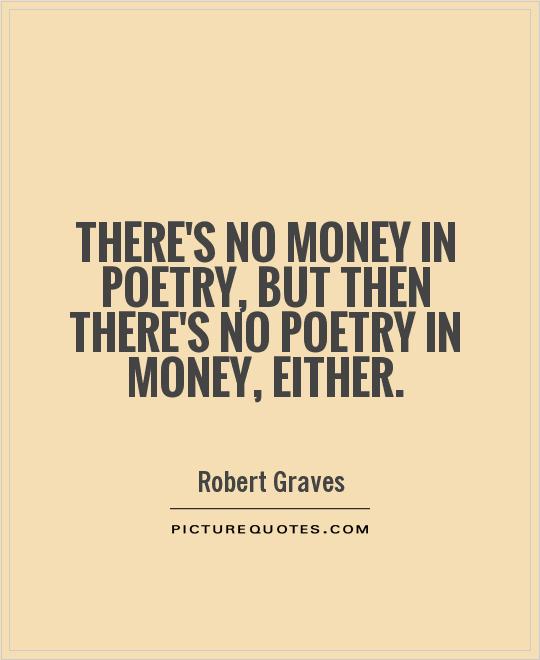
There's no money in poetry, but then there's no poetry in money, either
Robert Graves, the renowned English poet, novelist, and scholar, once famously said, “There's no money in poetry, but then there's no poetry in money, either.” This statement encapsulates the eternal struggle that artists, particularly poets, face in a world that often prioritizes material wealth over creative expression.Graves, who himself lived a life dedicated to poetry and literature, understood the inherent value of art and the difficulty of making a living solely through creative pursuits. In a society that places a premium on financial success and material possessions, poetry is often seen as a frivolous and impractical pursuit. The reality is that very few poets are able to support themselves through their writing alone, and many must rely on other sources of income to make ends meet.
However, Graves also recognized that the true worth of poetry lies not in its monetary value, but in its ability to inspire, provoke thought, and evoke emotion. Poetry has the power to transcend boundaries, connect people across cultures and generations, and provide solace and comfort in times of hardship. It is a form of expression that speaks to the human experience in a way that money never could.
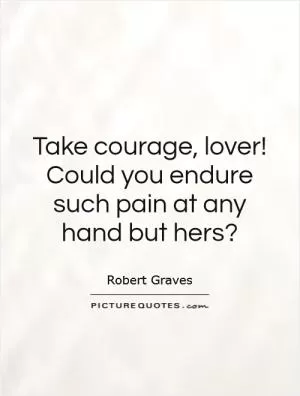
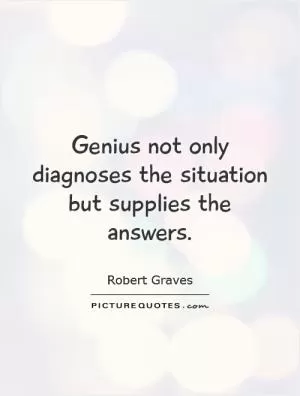
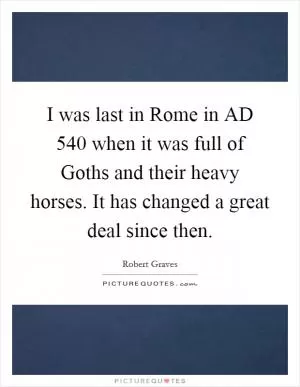

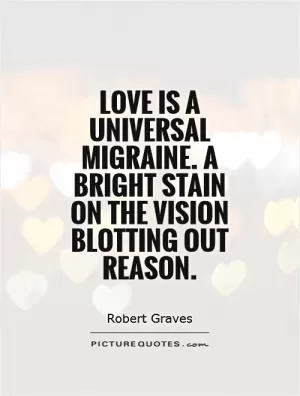
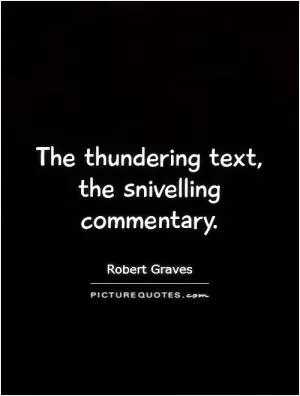
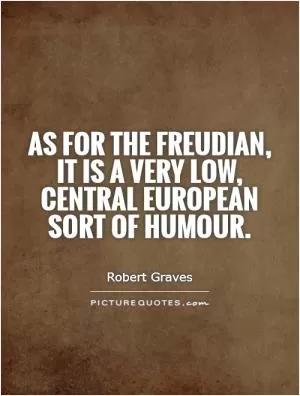

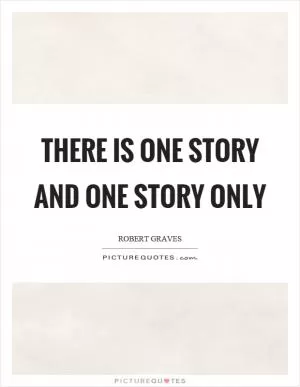
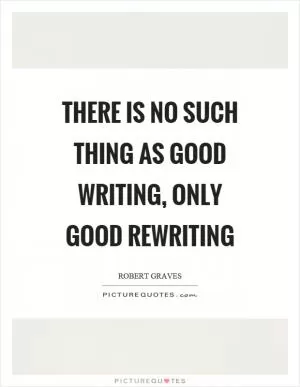
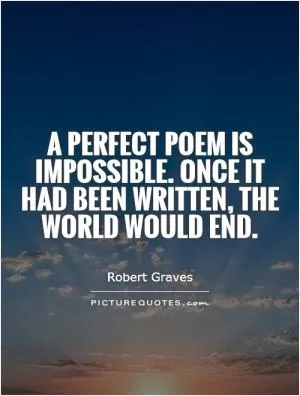
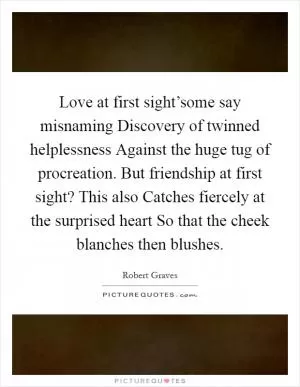
 Friendship Quotes
Friendship Quotes Love Quotes
Love Quotes Life Quotes
Life Quotes Funny Quotes
Funny Quotes Motivational Quotes
Motivational Quotes Inspirational Quotes
Inspirational Quotes